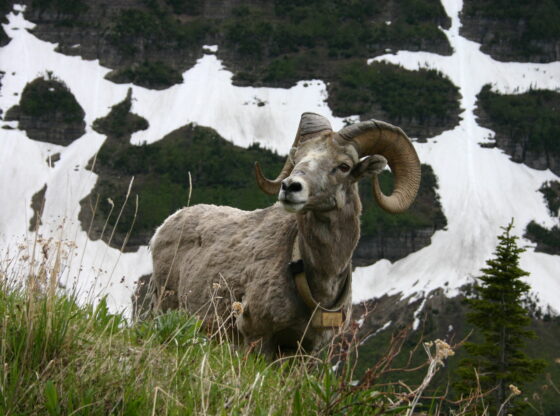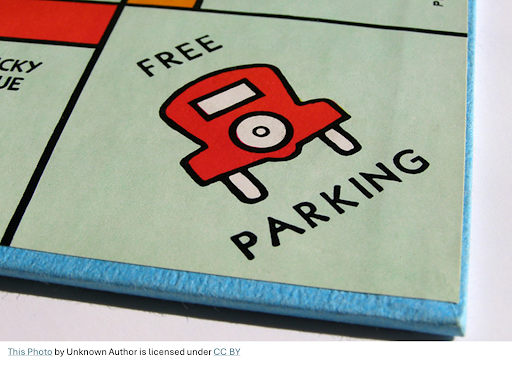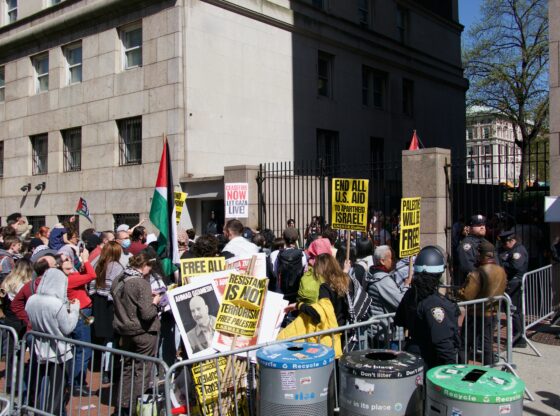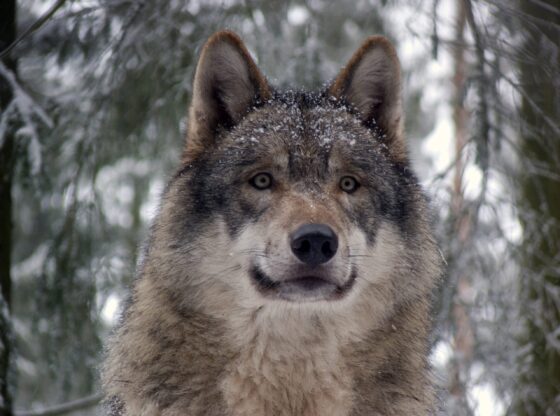The price of fashion depends not only on your wallet but your heart. Angora wool, a particular type of rabbit fur, is the product of an industry of torture. As customers, we control the marketplace and therefore it is our responsibility to be conscientious, participating compassionately within the web of consumerism. A dollar spent on Angora is a dollar donated to the abusers of these creatures. Read labels, avoid Angora or better yet, boycott any store that sells it.
The fur industry has and always will be a barbaric one. But what was once a means of survival for small populations has become a torment of millions for global appearance. According to statistics gathered by the People for the Ethical Treatment of Animals (PETA), China is the leader in Angora fur farms, producing 90 percent of the world’s supply. Currently, they have no laws regulating the treatment of animals on fur farms, so not surprisingly they have chosen the most economic and thus not the most compassionate methods. PETA recently released an undercover exposé of 10 farms they visited in China and the findings are gruesome.
These rabbits, bred for their long, fine fur, are mistreated and enslaved for the entirety of their lives. Every three months they have their front and hind legs tied together while their fur is viciously ripped from their bodies. Their screams of agony are chilling, their skin looking so tender it is painful just to see. Traumatized and shuddering from the excruciating process, they are then thrown into individual wire-mesh cages to continue their suffering in isolation. Shearing is no better.
Even those that have the privilege of being sheared suffer immensely at the hands of this industry. The expedient nature of the process leads to many lacerations and is no less traumatizing. Kept in the same conditions, these creatures endure this for two to five years before being hung upside down and having their throats slit. 50 million Angora rabbits are forced to suffer through these conditions and abuses each year. These rabbits are tormented and then their lives are taken, all in the name of fashion.
Even the fashionista or fashionister inside you would be willing to renounce anything Angora for the sake of millions of animals’ lives. If we were without Angora scarves, sweaters and suits I think the world, even the one of fashion, would survive. We are synthesizing meat in laboratories; I do not doubt that someone can figure out how to manufacture man-made Angora.
Many companies responded to the video footage of these practices by entirely banning the sale of Angora in their establishments and the list of these stores continues to grow. For a complete list check out PETA.org, but the most notable are Calvin Klein, Tommy Hilfiger, H&M and Forever 21. Shop your hearts out at any of these progressive and compassionate stores. Unfortunately, stores such as the Gap, Old Navy and Banana Republic have yet to agree to completely banning it, and thus they continue to support this cruel industry. You may not have known what Angora was, but now you do; now you are accountable for being a kinder consumer.
According to the National Center for Education Statistics, there are over 30 million 18-24 year olds in the United States. We are not only masters of online shopping, but we present a considerable buying force within the marketplace. At DU, we learn to be conscientious, accountable, considerate and assertive. Put these values into your buying habits. Think of it this way: One less dollar towards Angora is one more dollar for compassion and the end to the torture of these poor rabbits. Put your money where your heart is; “Be a Bunnies Honey” and only shop at stores that have banned the sale of Angora.











